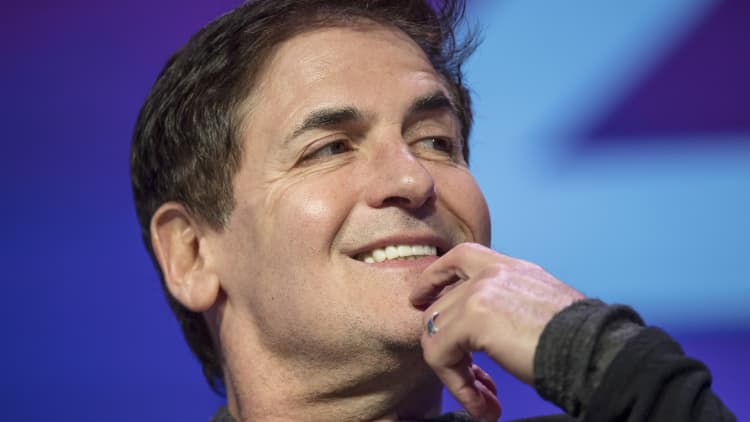Financial irresponsibility can lead to credit card debt but, according to a new survey from CompareCards.com by Lending Tree, more often it comes from just trying to get by. Of the 1,000 American adults with debt who participated in the survey, 42 percent, a plurality, said "making ends meet" was the main reason they racked up bills they couldn't pay.
This was the most common response, followed by car repairs (29 percent) and medical bills (27 percent), both of which also fall under the category of "needs," not "wants."
Responses that reflect some of the more frivolous spending habits — including clothes shopping (22 percent), dining out (22 percent) and vacationing expenses (18 percent) — appear lower down the list.
According to the report, those under the age of 35 were more likely to select dining out and clothes shopping as the main expenses contributing to their debt, which indicates that, compared to older generations, millennials might be more likely to overspend on things they could go without.
They are also worse at coping with their debt emotionally. Among millennials, 86 percent admitted to be stressed out by it compared to 72 percent of those over age 35.
Stress is a reasonable response to credit card debt, because it can be financially devastating. As CNBC reported, citing a finding from NerdWallet, "The average credit card interest rate is 19.36 percent and the average household pays a total of $1,332.80 in credit card interest each year."

That's why debt collector and credit counselor Bruce McClary told CNBC Make It, "Time is not your friend in this situation, it is your enemy."
If you miss successive payments, interests rates can climb as high as 36 percent, he says. Plus, you'll get smacked with late fees, and your credit score will take a hit, which could make it harder to take out a loan or rent an apartment.
To get out of the red, cutting costs related to "wants," such as daily coffees and late-night rides home from Uber, is an important first step, because those convenience traps can add up quick. But if your "needs" that are responsible for your debt, not the "wants," the issue becomes tougher to resolve. To stop living beyond your means, you may have to make bigger, more substantial changes.
Like this story? Like CNBC Make It on Facebook!
Don't miss: You could save $3,000 a year by avoiding 6 common money traps



